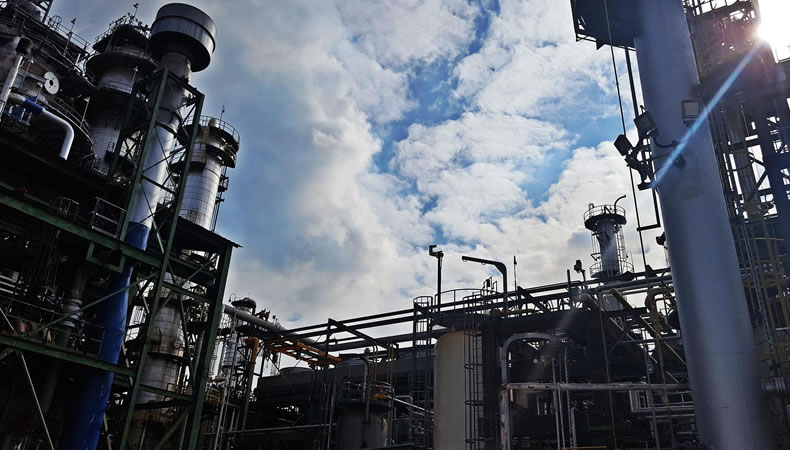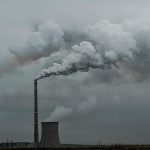Middle East Oil Producers enter Bitcoin Mining with Crusoe Energy Stakes

Crusoe Energy, a privately held American firm that pioneered bitcoin (BTC) mining by utilizing squandered natural gas as a power source, is growing in the Middle East with funding from Mubadala, Abu Dhabi’s sovereign wealth fund, and the Oman Investment Authority (OIA).
Crusoe stated this week that the OIA and Mubadala were both part of a $350 million round of investment that completed in April. According to a statement emailed to CoinDesk by Crusoe, “this investment will propel Crusoe’s ambitions to expand internationally as it attempts to match the future of computers with the future of the climate.”
As part of the expansion, the Denver-based miner will open offices in Muscat, Oman’s capital, and Abu Dhabi, UAE, shortly after. Crusoe will begin by recruiting two or three individuals for the headquarters and roughly eight people for the field, according to CEO and co-founder Chase Lochmiller. In the first quarter of 2023, Lochmiller hopes to have pilot-level technologies installed at one site in each country.
While Lochmiller declined to disclose on the extent of the two countries’ investments, he did admit that the stakes were “significant.” Crusoe’s proprietary digital flare mitigation methods have been expanded, making the company the first flare gas bitcoin miner in the Middle East and North Africa (MENA), he noted.
Related Posts
Crusoe has a customer roster that includes energy producers Devon Energy (DVN), Kraken Oil & Gas, Canada’s Enerplus (ERF), and possibly Exxon (XOM), where Crusoe is reportedly working on a pilot project to use flared gas to power bitcoin mining operations at the energy giant’s North Dakota oil wells.
As part of oil drilling operations, excess natural gas is flared and burned into the atmosphere. Because of the paucity of transportation infrastructure, it has become typical industry practice. However, the process is being scrutinized by environmentalists, with US President Joe Biden promising to reduce methane emissions from oil and gas operations.
It’s not only a problem in the United States, but “a worldwide problem with a global impact,” according to Lochmiller, who estimates that the MENA region would account for nearly 38% of global flaring by 2020. Oman accounted for around 1.8 percent of the total emissions, or 2,517 million cubic meters, while the UAE accounted for about 0.7 percent, or 955 million cubic meters. Mining digital assets with this otherwise lost flared gas has become a popular activity in both the crypto and energy industries. Those involved point out those decreasing emissions while powering mining rigs is a win-win situation.
“We’re pleased to bring our Digital Flare Mitigation technology to the Middle East, where it will assist solve the region’s long-standing flaring concerns while simultaneously unleashing a new generation of digital technologies,” Lochmiller said. “Both OIA and Mubadala realized the potential in Crusoe’s digital flare mitigation technology and how it can truly deliver a flexible mechanism to cut emissions while also bringing new technologically enabled companies to the country,” he added.
“We believe that these two locations will serve as a springboard for further expansion into other countries in the region,” says the company. Lochmiller went on to say that Oman’s and Abu Dhabi’s MENA neighbors, including Saudi Arabia, confront comparable issues.











